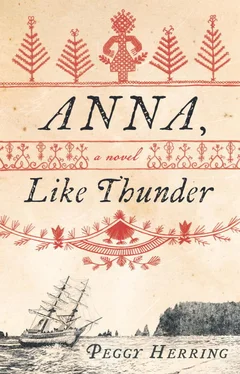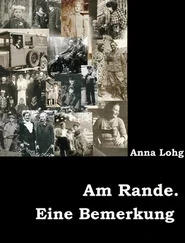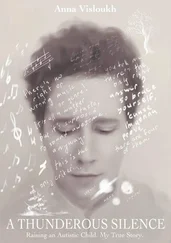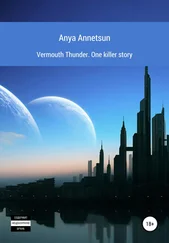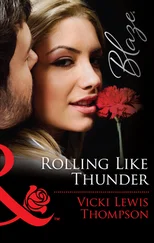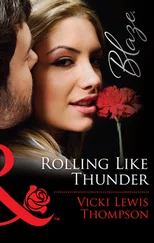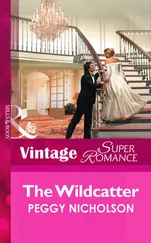I fold the dividers up. I want my cup of tea and a bowl of kasha. My husband always keeps a tidy desk, and so before I leave our quarters, I slide each tool back into its appointed slot and shut the case.
When I reach the deck, Main Rigger Sobachnikov nearly knocks me down.
“Madame Bulygina! Forgive me,” he cries. He flings out his long arms and raises his hands in horror, his face redder than ever. “How careless of me. I never should have…” Before he finishes, he whirls away and dashes to the bow. Ovchinnikov and the Aleuts are reefing in the sails, their ostensible master, Timofei Osipovich, barking orders at them. Ovchinnikov’s straggly hair covers his eyes and I don’t know how he can see a thing. My husband is behind the wheel, his telescope to his eye, looking out to sea.
Through the grey, a shoreline reveals itself, a faint line demarcating the water’s edge. Between it and us, there’s a cluster of canoes. The row of heads and torsos jutting out from the vessels look like teeth on a comb. They’re paddling toward us.
When he sees me, Timofei Osipovich turns away from his band of followers. “Opportunity has arrived, and so we open the gates,” he says, with a grin.
With furtive glances to sea, the crew on deck prepares for our encounter. Zhuchka whines and paces, sensing apprehension. The canoes grow in breadth and length as they draw closer. They resemble the koliuzhi boats I’ve seen so often coming ashore at Novo-Arkhangelsk, some of them immense, yet sleek as knives. These ones have long, curved bows and blunt sterns. They’re mostly black but have been painted near the bow with symbols that look like faces, and some have gunwales inlaid with white stones that look like pearls.
When they reach us, the koliuzhi people call out. Their language bears no resemblance to Russian. It’s crammed with popping consonants, with long, drawn-out vowels, and with thick rumbles that erupt from the back of the throat. It sounds unlike any speech I’ve ever heard before.
Surprisingly, Timofei Osipovich responds in their language. He says, “Wacush! Wacush!”
The canoes cluster around our brig and clatter against one another, forming a shape like a crystal pendant on a chandelier. The bow of each boat has a funny little carving on it that looks like a dog’s head. In some canoes, the notch between the dog’s ears supports several long wooden shafts, but I can’t tell what they are. Most of the canoes hold only three or four men; a couple contain as many as ten. I count thirty-two men before I give up; the canoes are moving about too much to allow an accurate count. There are no women.
After a brief conversation, Timofei Osipovich says, “Shall we let them board?” He surveys the crew’s faces and stops on my husband’s.
“I don’t know,” Nikolai Isaakovich says. “They’re armed.”
Indeed, many are holding spears, while others have nocked arrows. Some have what looks like a cow’s horn hanging from straps around their necks or over their shoulders. On closer observation, I see that these objects are blunt and carved with swirling lines. Are they weapons? Or just adornments?
“Their intention is clear,” says the apprentice Kotelnikov, who’s so impatient he’s already concluded what’s going on.
“Yes. They’re here for trade,” Timofei Osipovich says.
“Then why this arsenal?”
“You’d expect them to appear unarmed?” Timofei Osipovich says derisively, but he restrains himself as though the koliuzhi are carriage horses in danger of being spooked. “They don’t know your intent any more than you know theirs.”
“If they want to trade, they should put down their weapons.”
“You put down yours first.”
“Stop arguing,” Nikolai Isaakovich tells them. “Timofei Osipovich Tarakanov, I will have a word with you.” The two withdraw behind the wheel while the canoes stir and rattle against one another. Gulls screech overhead, a lone black crow darting among them. The Americans, it’s said, are the only ones who let the koliuzhi board to conduct trade. The British think this rash and a temptation to fate. The Russians have no protocol, and so, in the end, my husband must choose how our trade will be conducted.
Eventually, my husband steps back and Timofei Osipovich calls to the koliuzhi again. “Wacush,” he shouts. A brief conversation follows, and then two men in the canoes nearest the brig rise and work their way along the length of their vessels toward us. Then I can no longer see them. They’re climbing the boarding ladder.
When they emerge, throwing their legs over the bulwark, I get a better look at them. They carry no weapons; I must assume Timofei Osipovich has insisted upon this. The first man is thin and limber with ropey muscles in his arms that swell against his smooth skin. He’s around the same age as my husband, I think. His hair is knotted atop his head. Like the koliuzhi men in Novo-Arkhangelsk, he wears a cedar-bark breechclout and nothing more to protect him from the cold.
The second man is similarly dressed. His hair hangs loose and is much shorter. He has a slash across his chest, healed, but it’s recent. He looks around and squints, and I wonder if he can see very well. He stops before an iron shackle, part of the rigging, and fondles it, running his fingers around its curve. I notice he’s missing a finger.
Both men have painted themselves red and black. Most remarkable are their eyebrows—black half-moons that give them a look of astonishment. In all, unlike us, they’ve taken great care in their dress. I wonder if we’ve not understood one another’s purpose here today.
Zhuchka is beside me. I hold her jaws so she cannot bark. She twists against me and whines, but I hold fast. “Calm yourself,” I whisper.
Our crew has firearms aimed at the canoes and at the two koliuzhi on deck. The koliuzhi in the canoes point their spears and arrows at us. They hold their bows horizontally, in a fashion I find peculiar, and I wonder why they do so. With all the raised firearms, arrows, and spears, both sides resemble a hairbrush.
Our visiting koliuzhi stand so close to each other that their shoulders press together. Ovchinnikov stares through his straggly hair and drills his eyes into them. A heavy silence settles on deck.
The man with the scarred chest and missing finger watches me. How does he view me? Does he think me pallid and carelessly dressed? The clothing I wear is practical for a sea voyage but plain, a bit shabby, and badly in need of pressing. Thanks to the humid air, my dark hair is unruly—strands have escaped from beneath my cap—and my shawl hangs open, the pin carelessly left behind in our quarters, as though I don’t value my modesty. The only ornament I wear is the silver cross my mother gave me years ago. Vines and leaves are carved into the three cross bars and a tiny tourmaline adorns a flower at its heart. The stone is pink in some lights but otherwise black. Zhuchka squirms, and I clamp down on her even harder.
Timofei Osipovich breaks the silence. The man’s attention shifts. Zhuchka goes limp, accepting her confinement.
Timofei Osipovich’s sentences are short, and he delivers them slowly. There’s a long pause, and then the man who’s been staring at me replies. After he finishes, Timofei Osipovich leaves a similar gap before speaking again. Each time he speaks, he repeats that same word, “wacush,” and though I still don’t know what it means, the koliuzhi respond favourably.
“Ryba, ryba!” somebody suddenly calls from the little boats. They know Russian? Two men in the longest boat lift a halibut about half my size. Maria cries, “My God!” and blesses herself. The men hold the huge fish aloft and wait.
Читать дальше
